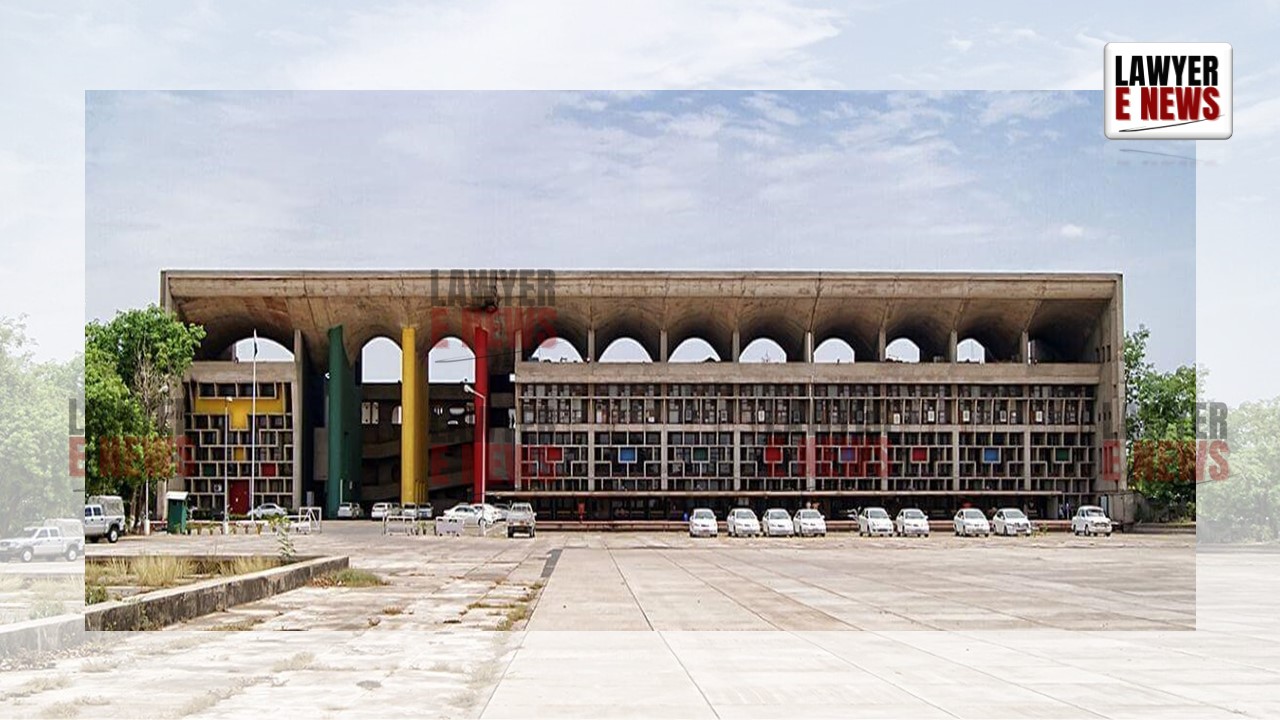-
by Admin
15 February 2026 5:35 AM



In a significant ruling, the High Court of Punjab and Haryana has upheld the rights of usufructuary mortgagors, affirming the plaintiffs as the owners of the disputed property in Chapper Chiri, Tehsil Kharar. The judgment, delivered by Justice Harkesh Manuja, emphasized the absence of a limitation period for redeeming usufructuary mortgages, thus invalidating the custodian department's claims and mutation entries dating back to 1981.
The case involved a legal battle over the ownership and possession of property situated in Chapper Chiri, District Ropar (now SAS Nagar Mohali). The plaintiffs, Bakshish Singh and others, claimed ownership and sought a permanent injunction against the State of Punjab and its custodian department, which had recorded mutations in its favor treating the property as evacuee property following the partition.
The property was initially mortgaged to Bali Mohammed in 1946. Post-partition, with Bali Mohammed migrating to Pakistan, the property was vested with the custodian. The primary contention revolved around whether the plaintiffs' right to redeem the mortgage had extinguished, thereby justifying the custodian's claim.
Credibility of Mortgage Redemption Rights: The court reiterated that under Section 62 of the Transfer of Property Act, the right to redeem a usufructuary mortgage continues until the mortgage money is repaid from the rents and profits of the property. Justice Manuja, citing precedents, stated, "There is no limitation period for redeeming a usufructuary mortgage. The right to recover possession commences when the mortgage money is fully paid."
Validity of Mutation Entries: Justice Manuja found the mutations entered by the custodian department on August 10, 1981, to be illegal. He noted, "The entries made by the custodian department have no legal standing as the plaintiffs' right to the property did not extinguish merely due to non-redemption within 30 years. The plaintiffs' title and possession remain intact."
The judgment heavily referenced the Supreme Court's decision in "Singh Ram vs. Sheo Ram" to underline the special rights of usufructuary mortgagors. "The right to redeem does not adhere to the standard 30-year limitation but persists until the mortgage money is repaid through rents and profits," the court observed.
Justice Manuja asserted, "A usufructuary mortgagee cannot claim ownership simply because 30 years have lapsed since the mortgage. The title remains with the mortgagor until redemption, which is not time-bound."
This landmark decision underscores the judiciary's role in protecting the rights of property owners against arbitrary claims. By affirming the plaintiffs' ownership and invalidating the custodian's mutations, the court has reinforced the legal framework governing usufructuary mortgages, ensuring long-standing rights are upheld despite bureaucratic oversights.
Date of Decision: May 15, 2024
